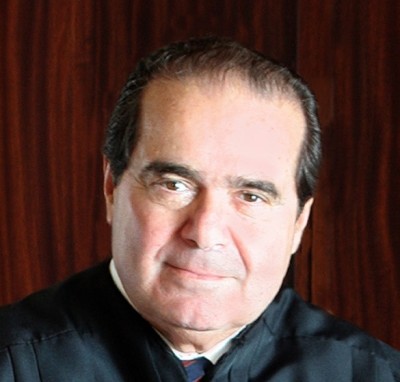While the Supreme Court in Tyson Foods, Inc. v. Bouaphakeo dashed employers’ hopes that the Court would broadly preclude statistical evidence and severely limit wage and hour class actions in a fashion similar to its restriction of discrimination class actions in Wal-mart v. Dukes, the Court was also clear that this type of evidence will not be appropriate or probative in all wage and hour claims. In ruling for the class action claimants, the Court affirmed a $2.9 million jury award for overtime claims related to donning and doffing at an Iowa pork processing plant. In so ruling, the Supreme Court refused to adopt the position advanced by Tyson Foods and several of its amici that class actions cannot be resolved by reliance upon representative evidence or statistical samples. It also refused to embrace Tyson Food’s reading of Wal-mart v. Dukes as standing for the proposition that representative sample is an impermissible means of establishing class-wide liability. But the Court also made clear whether statistical evidence could be used for liability depends on the claims asserted and the particular evidence. While the decision is not unsurprising after oral arguments, it seems likely that employers will see an uptick in plaintiffs aggressively relying on “representative” statistical evidence in wage and hour collective and class cases. There are, however, several “lessons learned” based upon the majority’s decision.
Pork Processing Plant Employees Can Keep the Bacon: Supreme Court Affirms Jury Award and Permits Proof of Wage and Hour Class Claims By Representative Evidence





